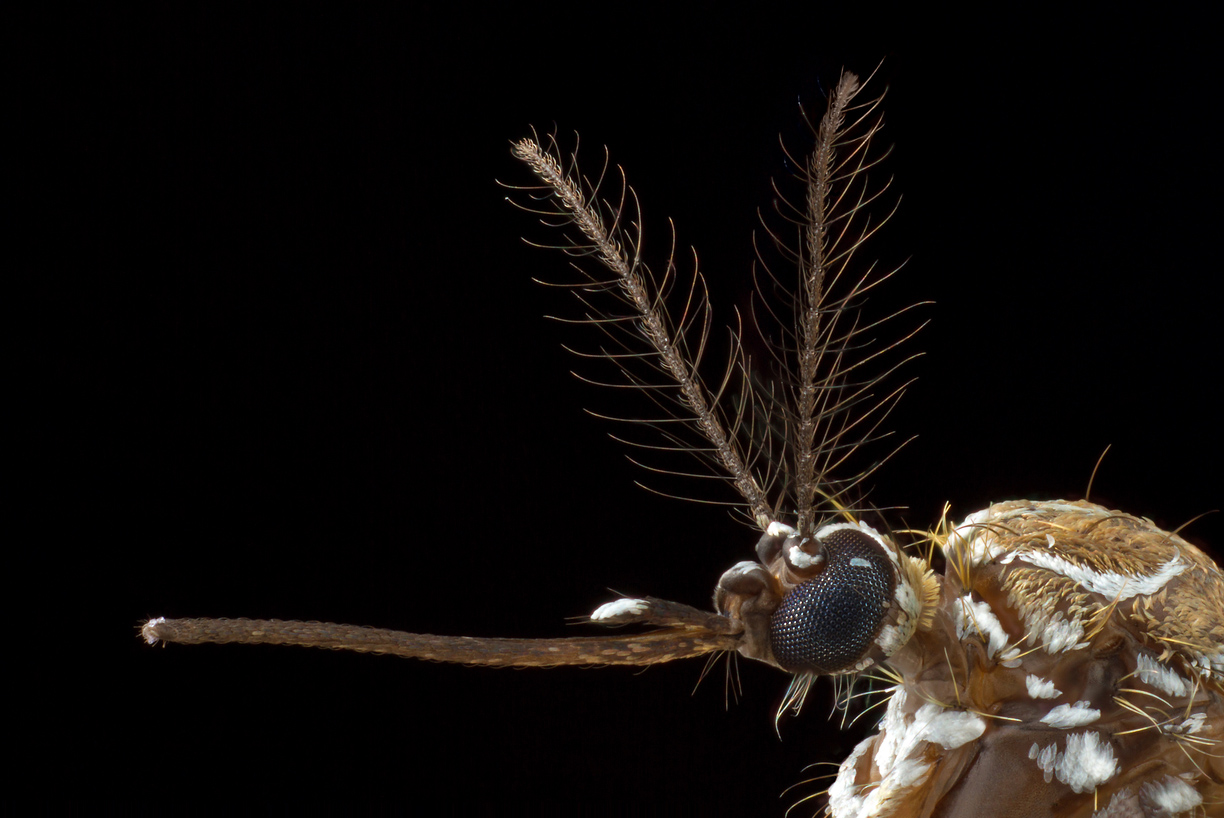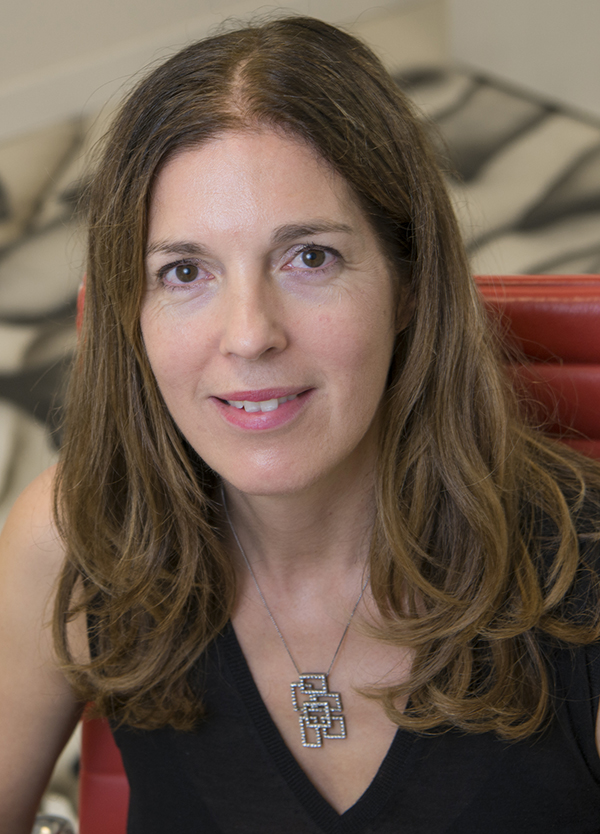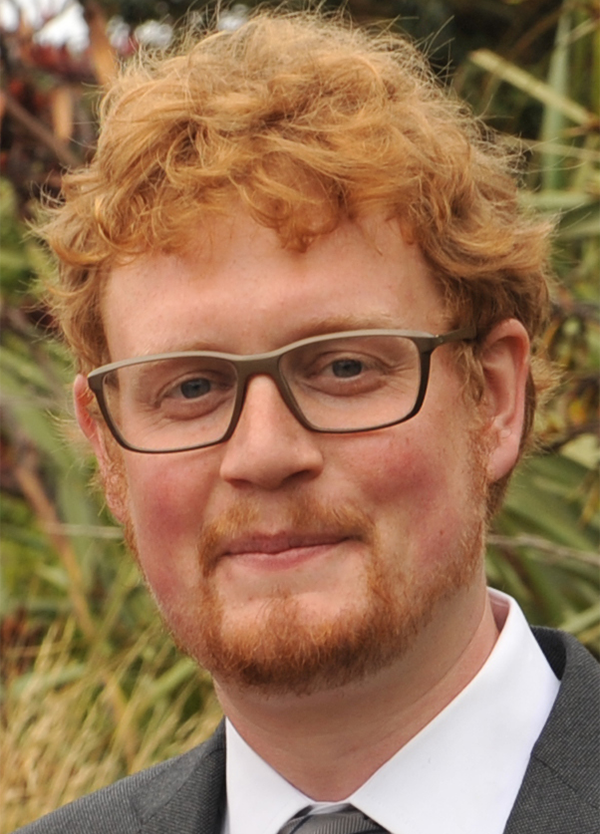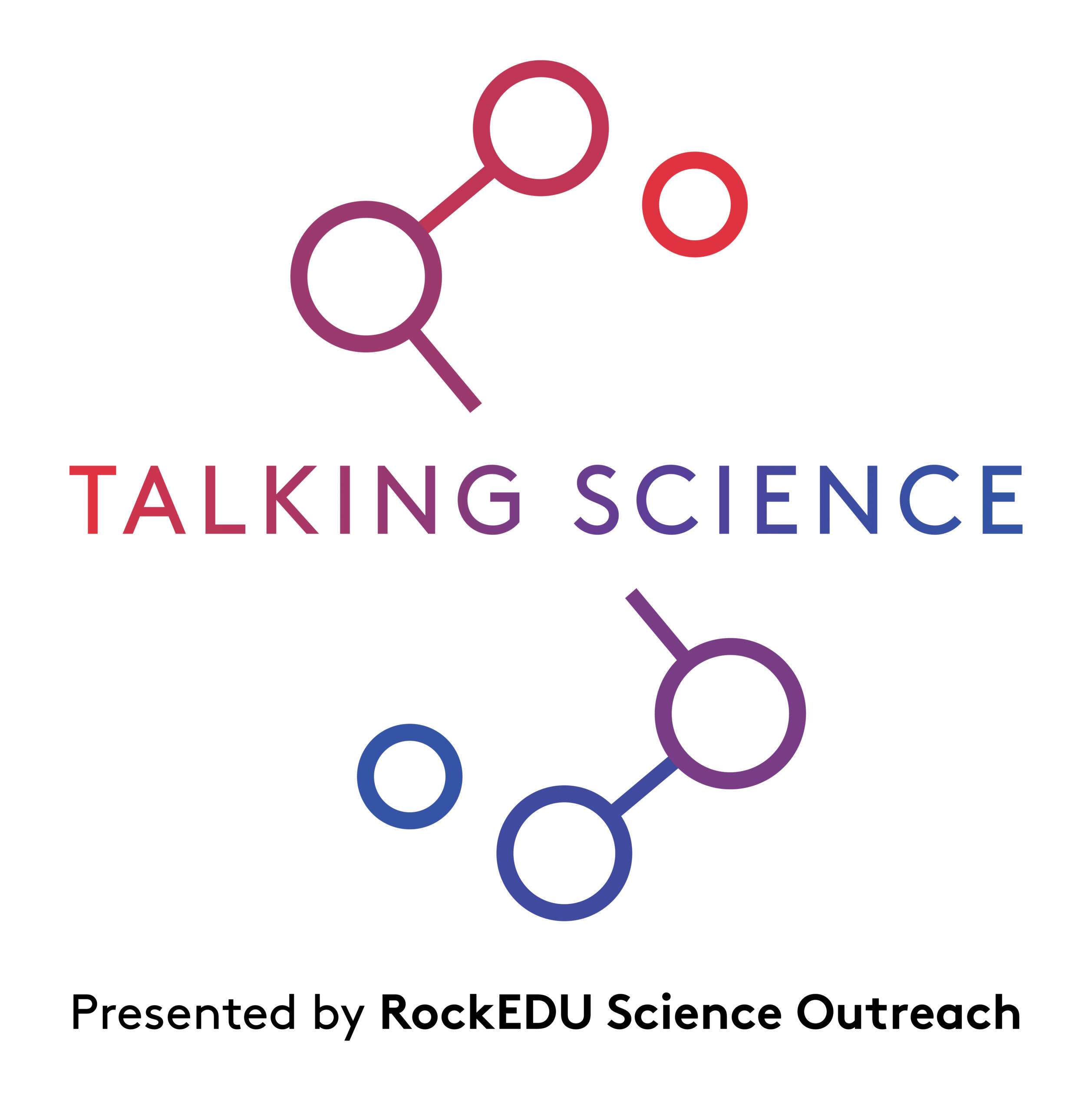Talking Science 2018

Photo Credit – Alex Wild
The World’s Most Dangerous Animal
Featuring Leslie B. Vosshall, Ph.D. and Benjamin J. Matthews, Ph.D.
Saturday, January 6, 2018
10:00 AM – 3:00 PM
View 2018 Lecture: Session 1
View 2018 Lecture: Session 2
View 2018 Trivia Poll
Caspary Auditorium
1230 York Avenue at East 66th St.
New York City
Session 1
Why and How Mosquitoes Hunt Humans
Leslie B. Vosshall, Ph.D.
Robin Chemers Neustein Professor and
Head, Laboratory of Neurogenetics and Behavior
The Rockefeller University
Investigator, Howard Hughes Medical Institute
Leslie Vosshall is a neuroscientist and geneticist who studies sensory systems and behavior. Much of her current work is aimed at understanding the molecular neurobiology of host-seeking and blood-feeding in mosquitoes that spread dangerous infectious diseases. Over the past few years, the Vosshall laboratory has devised scientific tools needed to make the mosquito a genetic model for neurobiology research.
How are multiple sensory cues integrated in the mosquito brain to elicit specific behaviors? Why are mosquitoes more attracted to some people than others? How do insect repellents work, and how can they be improved? These are a few of the questions that Dr. Vosshall and her colleagues are trying to answer in an effort to stop the transmission of devastating infections.
Dr. Vosshall earned an A.B. in biochemistry from Columbia College and a Ph.D. from The Rockefeller University. A Howard Hughes Medical Institute Investigator, she serves as director of the University’s Kavli Neural Systems Institute. Dr. Vosshall was elected to the National Academy of Sciences in 2015. She is the recipient of many other honors including a Presidential Early Career Award for Scientists and Engineers, a Blavatnik Award, and a Gill Young Investigator Award.
Session 2
Cut-and-Paste Genomes: Using CRISPR to Stop Mosquitoes
Benjamin J. Matthews, Ph.D.
Research Specialist
Laboratory of Neurogenetics and Behavior
The Rockefeller University
Ben Matthews, a member of the Vosshall laboratory, studies genes critical to the life cycle and behavior of the Aedes aegypti mosquito, which transmits diseases such as yellow fever, dengue, and Zika. The infections spread by this mosquito afflict hundreds of millions of people worldwide and can be life-threatening. A. aegypti uses its senses of smell and taste to hunt and feed on human blood, which it must do in order to lay eggs. To understand the biology underlying these behaviors, Dr. Matthews is using CRISPR-Cas9, a genome-editing tool, to remove, add, or alter sections of the mosquito genome that may be required for processing of the sensory cues that mosquitoes use to find humans. If these genes can be identified, it may be possible to redirect mosquito behavior by interfering with their function. Dr. Matthews’s research can contribute to new strategies for control of other insect vectors, including the Anopheles mosquito species that transmit malaria.
Dr. Matthews earned a B.S. in biology from the California Institute of Technology in 2004 and a Ph.D. in neurobiology and behavior from Columbia University in 2010. He joined Dr. Vosshall in her lab in September 2010 to study genes and neural circuits controlling egg-laying in the mosquito. He received a 2010 Henry and Marie-Josée Kravis Fellowship and a 2011 Jane Coffin Childs Fellowship.
Check out more on the speakers
Articles
New York Times
Team of Rival Scientists Comes Together to Fight Zika
Videos
Tedx Talks
What makes certain people especially attractive to mosquitoes?
Leslie B. Vosshall
American Museum of Natural History SciCafe
Modifying Mosquitoes with CRISPR
Leslie B. Vosshall
Plant and Animal Genome Conference 2017
New Mosquito Genome Assembly Will Aid Fight Against Zika and Other Diseases
Benjamin J. Matthews


